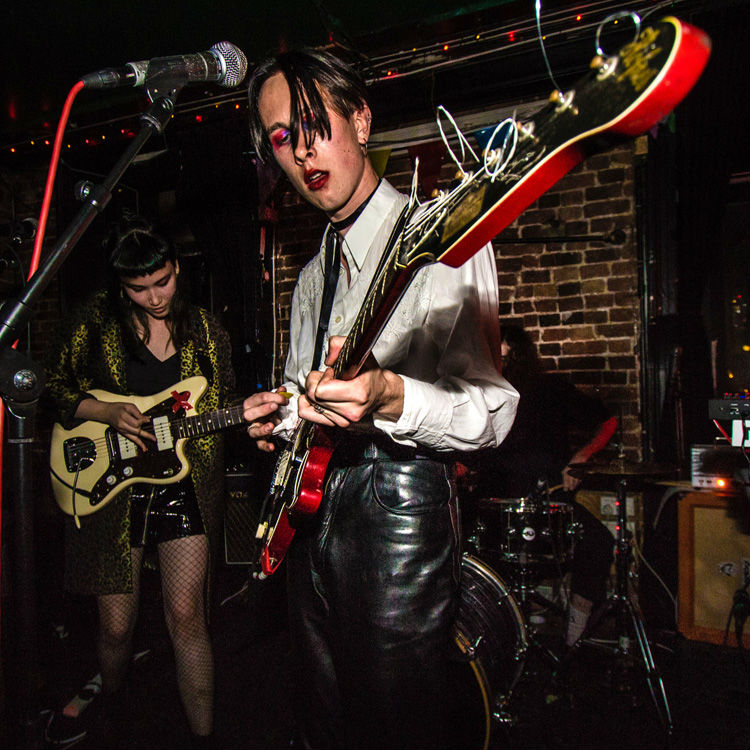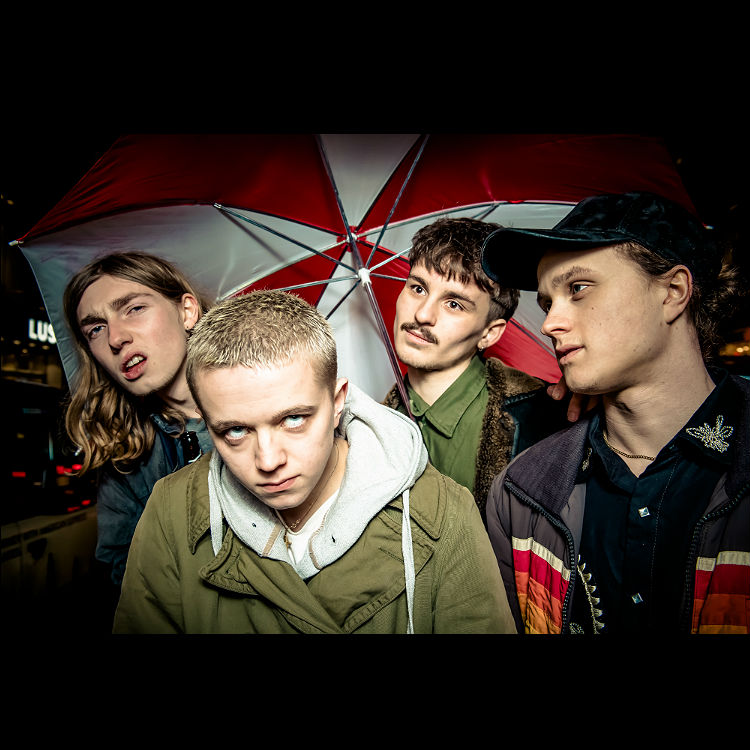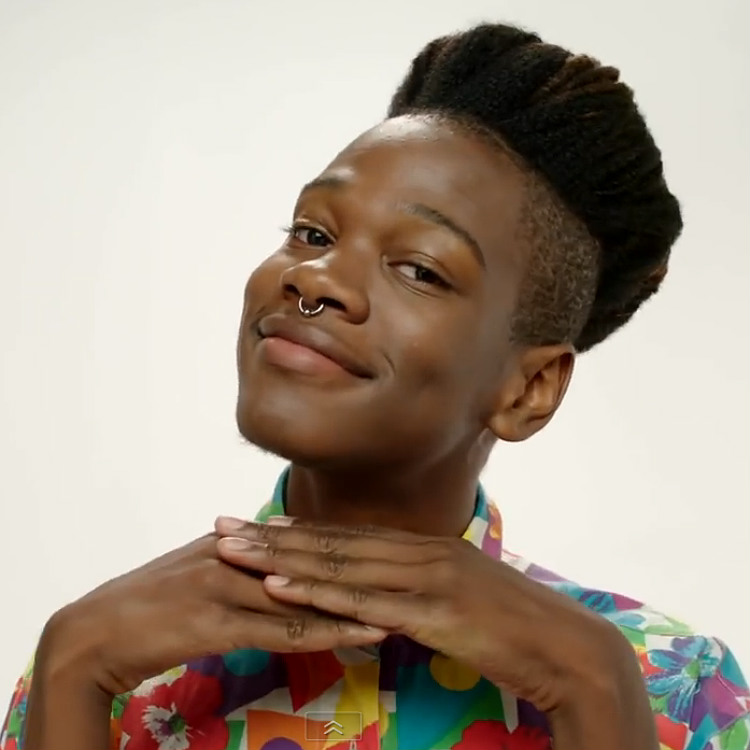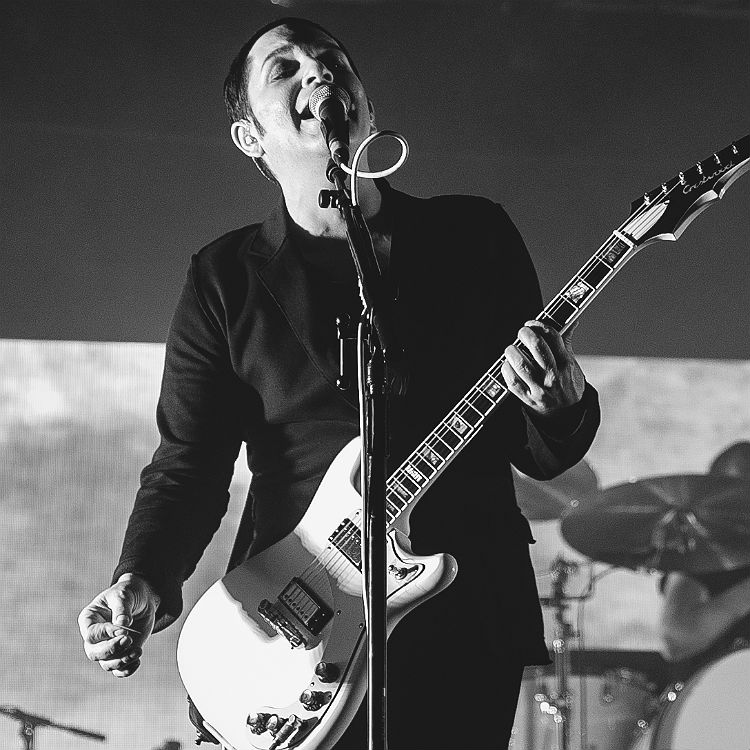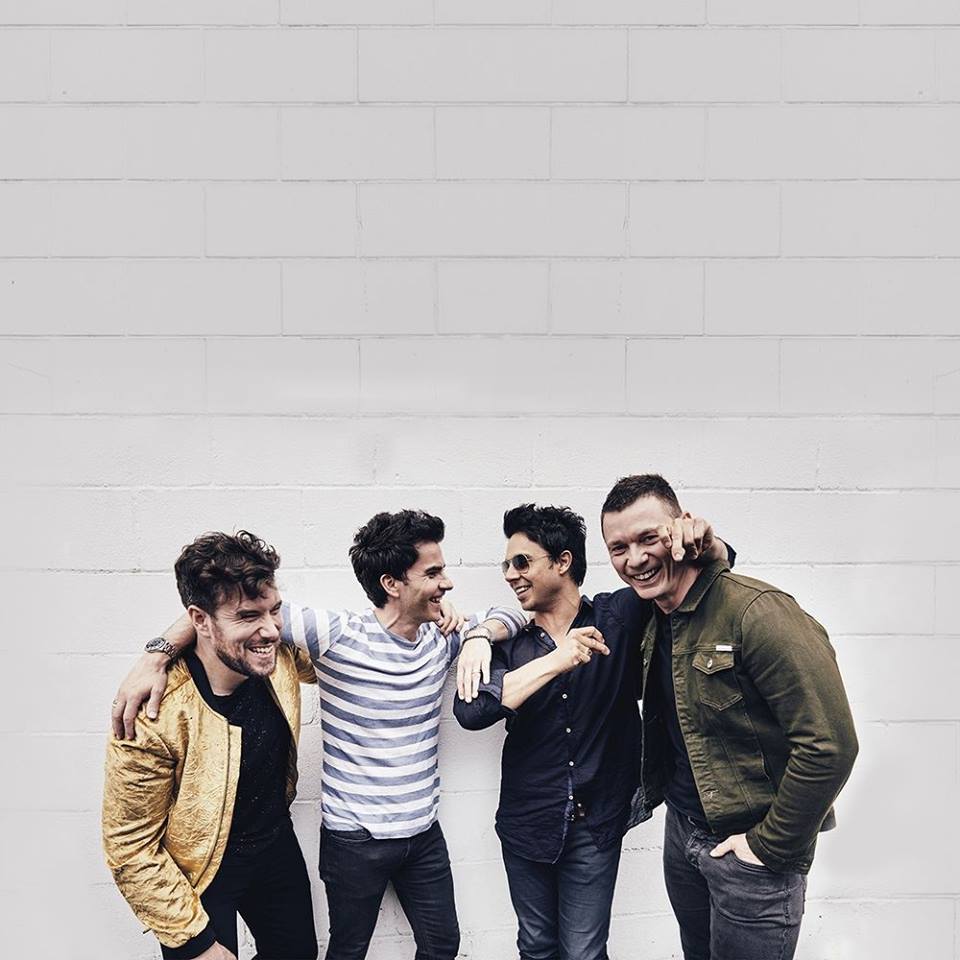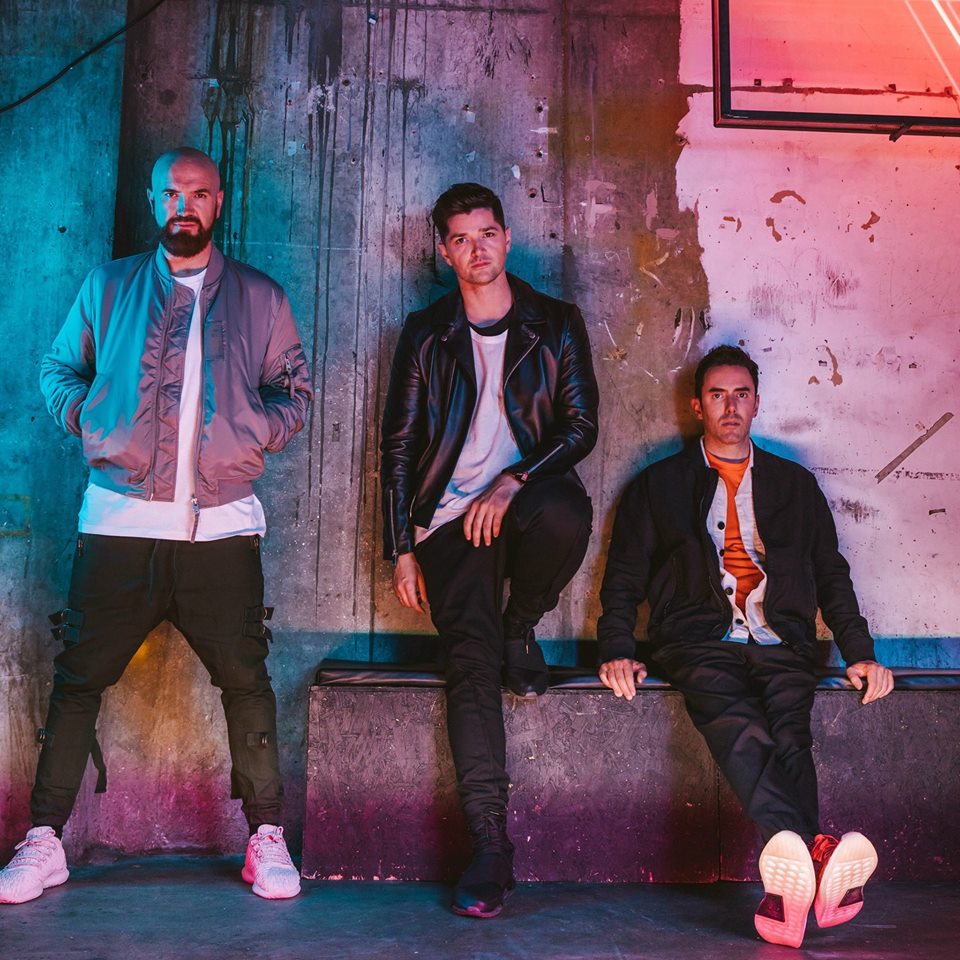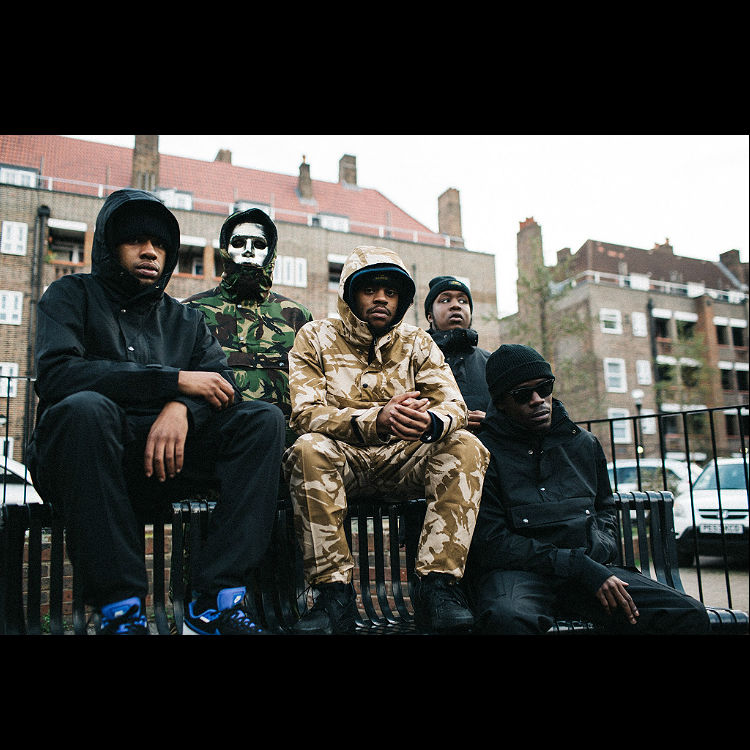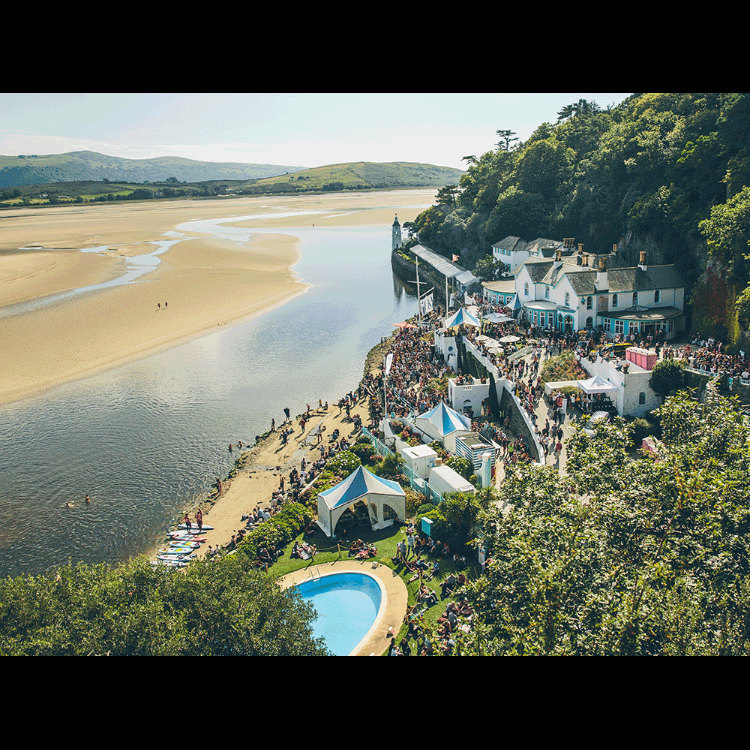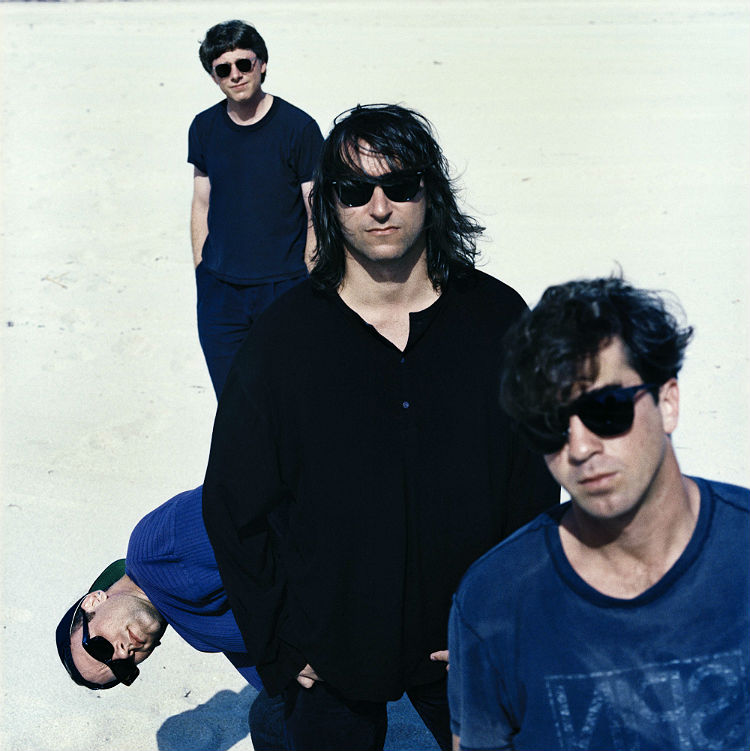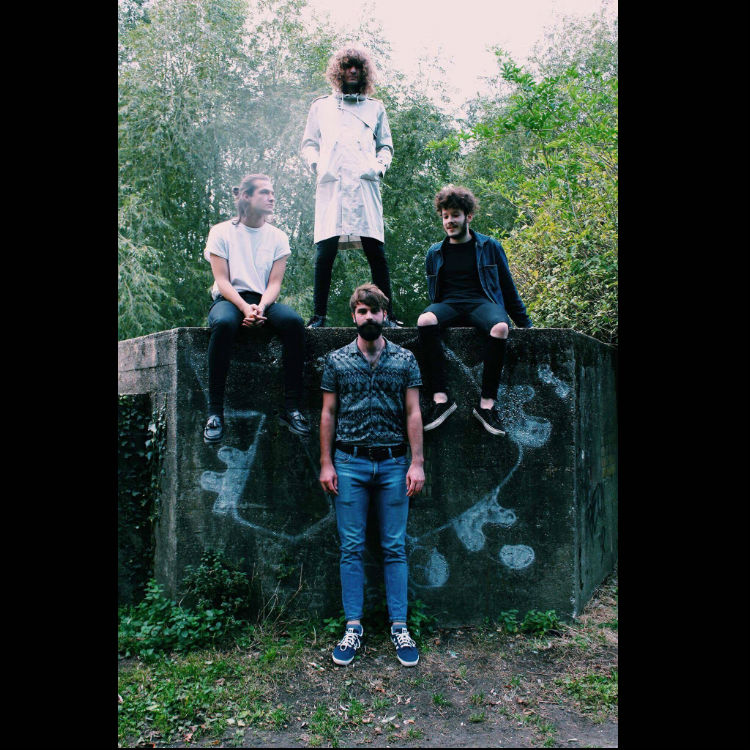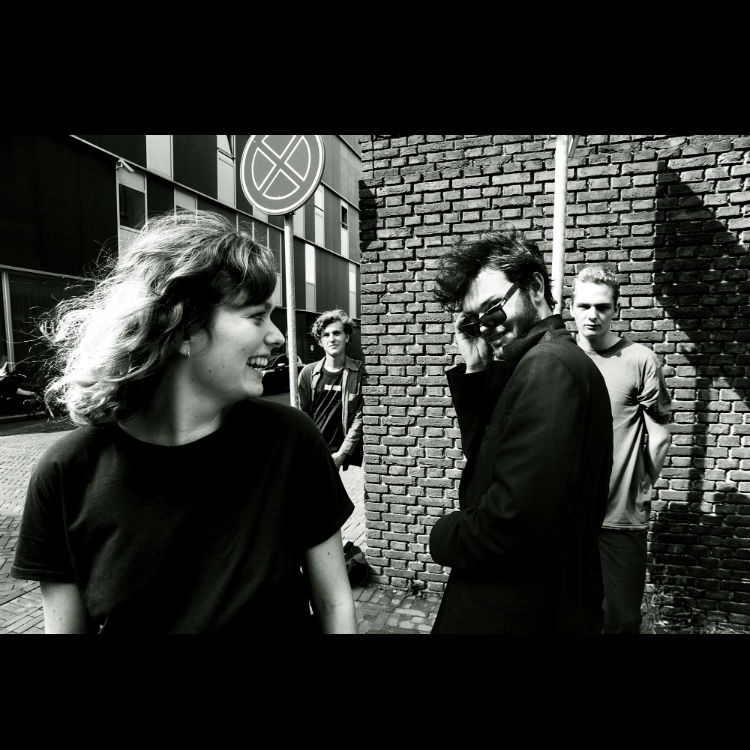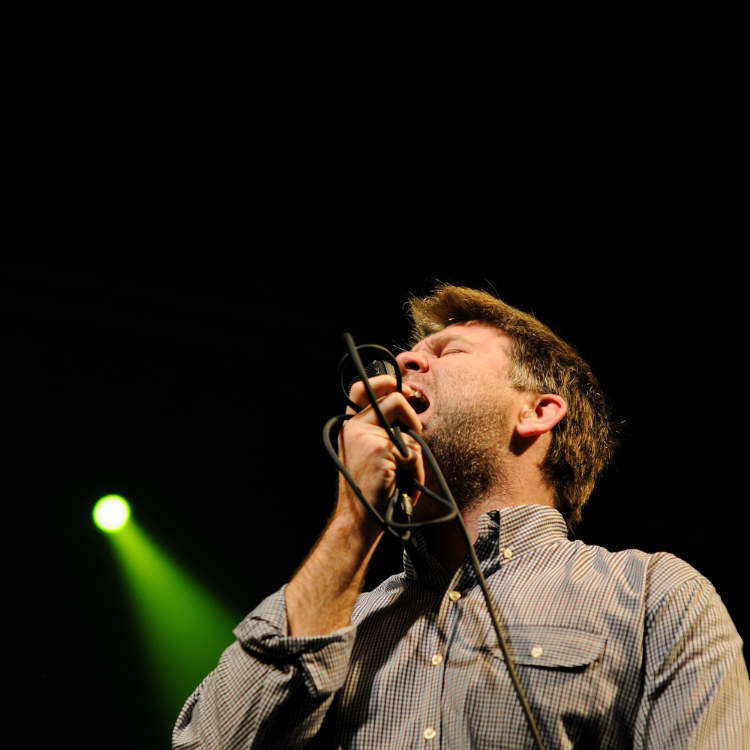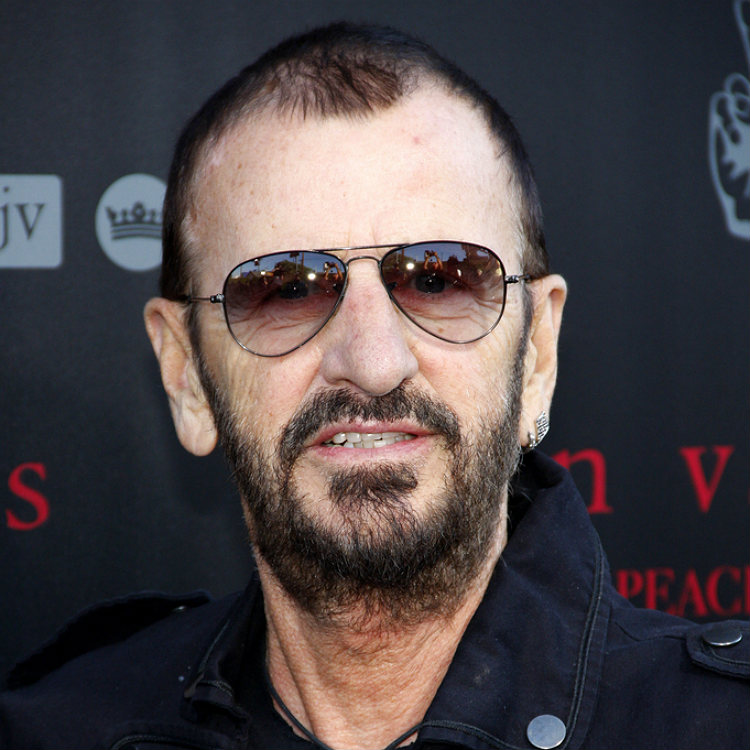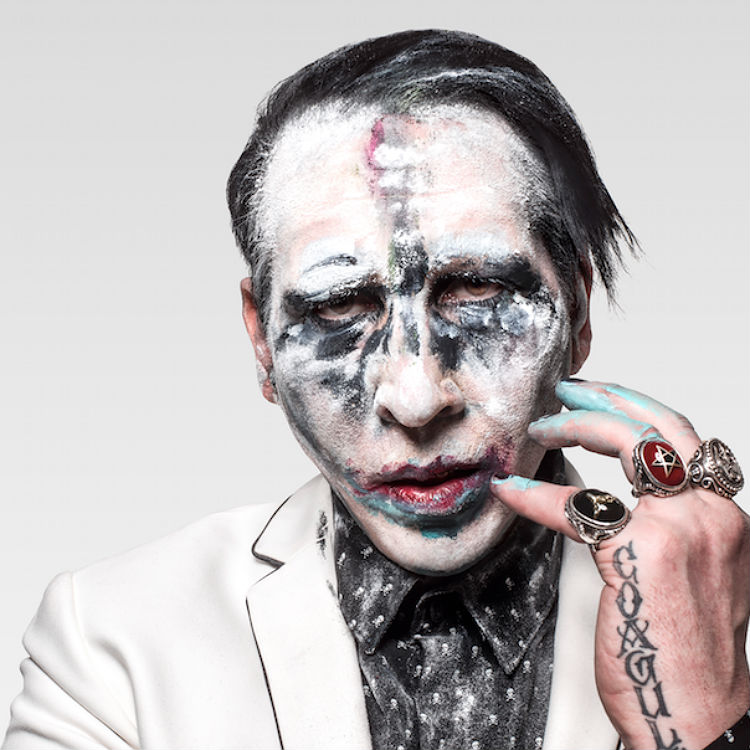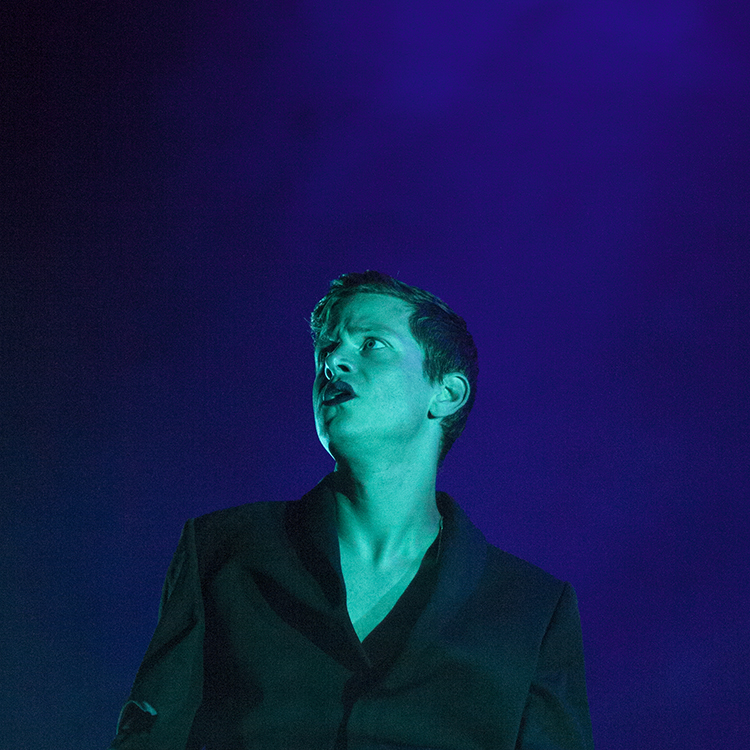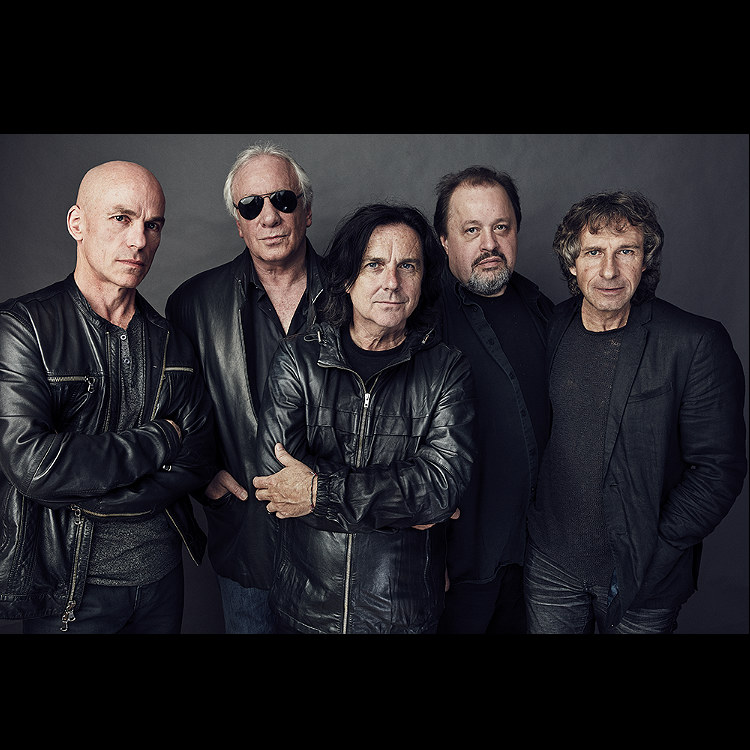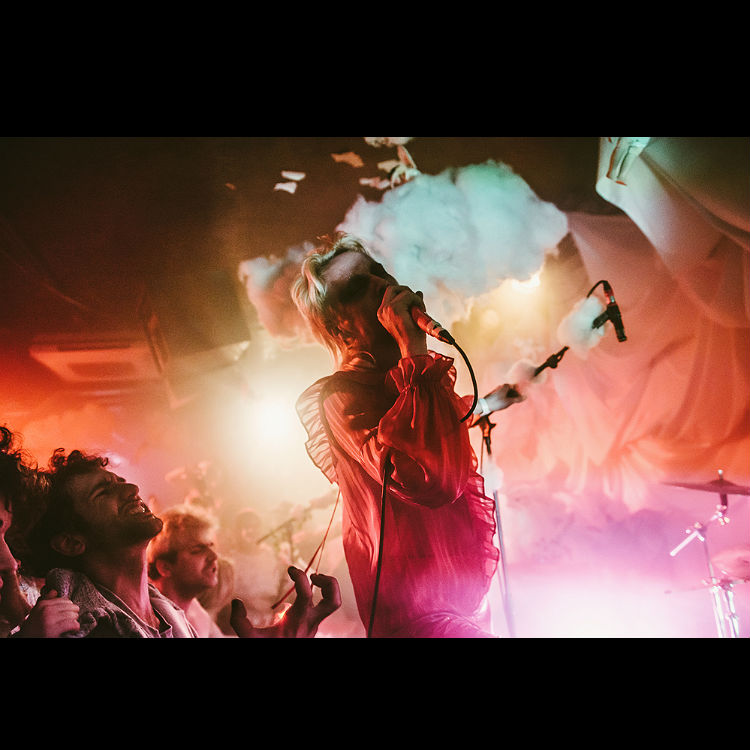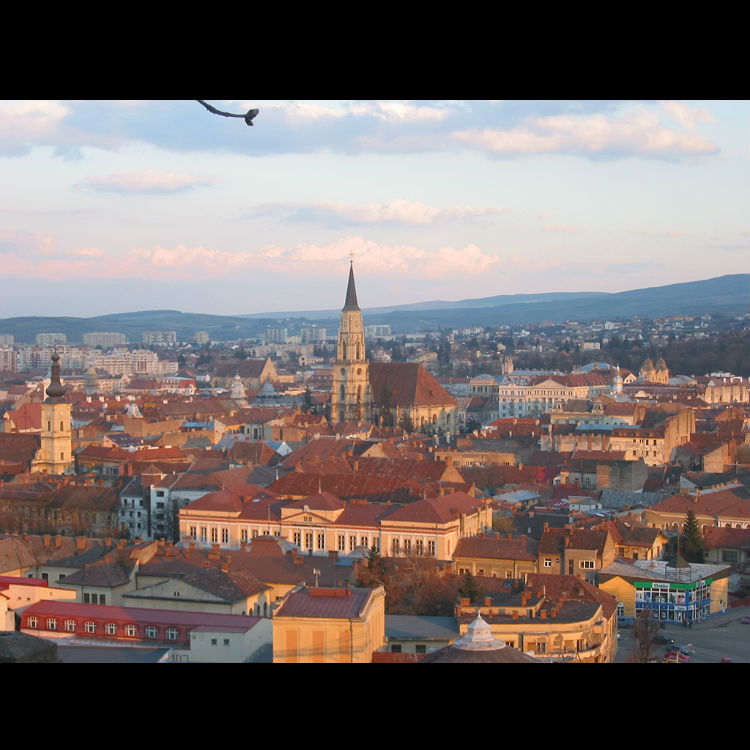 Photo: Press
Photo: Press
In July, Gigwise will be making the trip over to Romania for Electric Castle Festival. The festival is one of the biggest in the Baltic states, welcoming 130,000 into the grounds of the 13th century castle for a weekend.
With this in mind, we wanted to look at some of the wider origins influencing music in the area. Putting Cluj-Napoca under the lens, this week we look at some of the factors that have bred Romania as one of Europe’s indispensable and undiscovered musical havens.
We often don’t hear any word of what’s happening in Romania. It’s one of the countries at the foot of the Baltic States, who are really just gaining traction as cultural-epicentres, but for years many of these cultural centres have lived under the clouds of communism. At the backbone, this means the cultural stories coming from these places are powerful. Traditions didn’t die out under the repression of Soviet forces; instead, they went underground and strengthened in ideological and political stance.
Thankfully those days are over, and with many of the Eastern European belt starting to firm their position as partners to the European Union, their strengthened reputation mean these stories are being carried further.
In Cluj-Napoca, Romania’s unofficial second capital, these stories are a rich part of the cultural heritage. Music has always been a carrier and none more so than in Transylvania, where under communism, clandestine radio broadcasts made by Radio Free Europe became a lifeline for information and social justice. The oral tradition still also carries a huge dominance. There’s always been a huge conservation project placed on live musicians to upkeep the Eastern-European, gipsy, and nomadic influences entwined in their music. But it’s this very notion that makes Romania, and Cluj, such important places for Europe’s musical history.
The spirit of Romanian music is in its people and its history. Despite this, Cluj celebrates a wonderful idea of diversity that many could do well remembering in Central and Western Europe. In 2014, it was voted Europe’s most tolerant city by the EU. And the cities student population, which numbers as almost 100,000 temporary residents, brings people together from across the world.
Cluj-Napoca is widely thought of as the intellectual capital of Romania. It is the second largest academic centre in the country, and the infrastructure of clubs, cafes, and low-key gig venues all celebrate that. Anywhere you go and anyone you talk to sees them as talking shops, spaces to muse in, to inspire, to plan and provoke, with the students in the city leading the charge forward with new ideas and creativity.
For many curators, it’s this underpinning to the work that makes the artistic culture of the area so exciting. For Jane Neal, a British curator who’s been working in Cluj for the last five years, it’s the students that are the heart of it. “It is such a vibrant city with a beautiful historic centre but It also feels so young; so full of students, cafes and bars – the ideal city for meeting up and discussing and furthering ideas,” says Neal.
It’s for all these reasons that it breeds a number of music cultures that are worth warming to. There’s an excellent jazz programme, put together by Jazz in the Park, an open-air jazz festival that celebrates Romani’s rich history of the music with often accessible concerts in the cities under-used major park.

But it’s this jazz festival that also explains why the festivals, projects and programmes that are coming out of Cluj are important too. Jazz in the Park itself is barely four years old, and was born out of a social issue they saw in jazz music, and in the city itself. The major central park was often an underused part of the infrastructure, and for the planners behind the festival, putting on music and getting a concert license, was an important part of programming music alongside a social issue.
“We became one of the most important cultural festivals in Romania because we wanted to make jazz music accessible to everyone: no matter the age and cultural background,” says Alin, one of the central organizers with Jazz in the Park. “This is why the main part of the festival is organized in Central Park, on the Riverside and in other public places where the access is free for everyone. Our goal is to give new meaning to forgotten or less used public spaces, using music in order to attract the audience.”
Elsewhere, there’s a resonant punk culture and clubs that fit with the ideology. The rustically DIY Atelier Café and The Shelter are among two of the most celebrated. And even though Romania only got its first electronic music only club in 2008, Club Midi, the impact of its underground music culture in house and techno has been far reaching. Back in the early 2000s, La Mania parties kicked off a party scene celebrating the Balkan coast – they were the first of their kind to build a legacy movement for electronic music in Romania.
From a state level, there’s licensing that really supports a musical infrastructure. Venues operate an ‘open till the last client’ policy meaning there’s no last call on the bars. Electric Castle Festival is one of the only festivals in Europe to operate a 24-hour license, making it a place where the night, the after-party, and the after-after-party can all be rolled into one.
The festival itself stands on the feet of Romania’s after-hours culture, celebrating electronic music from inside the country and abroad. The festival plays a strong feature in the annual musical calendar, and for many people it’s a meeting point for the different musical influences at work in the counry.
But recognition has had its downsides. “No one sings in Romanian anymore,” says Tapu, an organiser behind the Rokolektiv Festival in Bucharest. “The Romanian market is not very big and musicians see that you have to sing in English if you want international success.” But with an international voice being reached, one positive could be that it may help spread and support the voice of the traditional and celebrated dialect, spirit, and voice of the country.
Romania, unique to its European allies, doesn’t feel like a country targeting an export market. And in this, it makes it an undiscovered music capital that remains powerful, political, vocal, and important to its people.
Electric Castle Festival hosts the likes of Franz Ferdinand, Slaves, Moderat and UNKLE and is held July 12 - 17. Check here for full details

